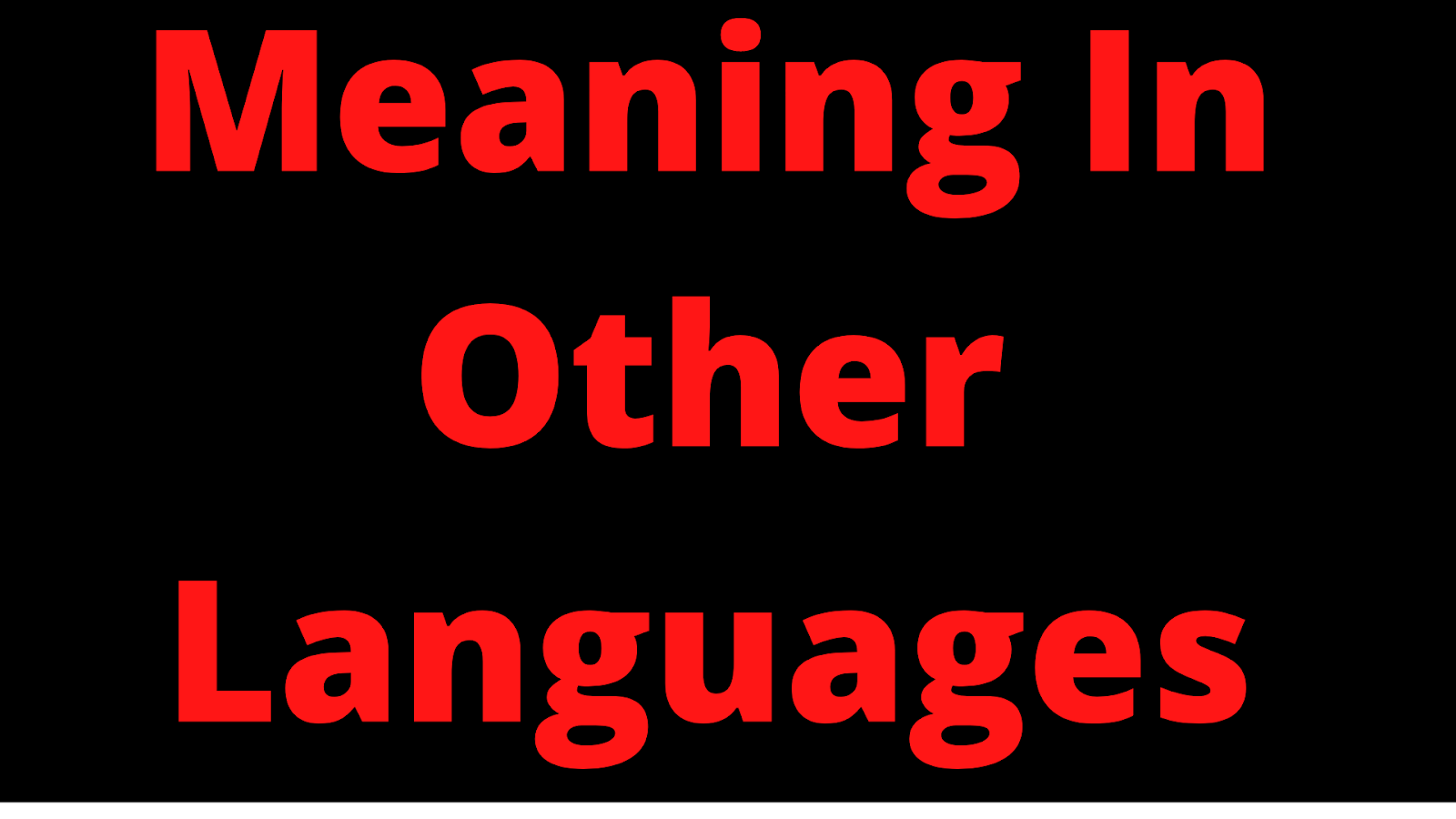5
Easy Ways To Communicate Better In Your Relationship
Good
communication is the foundation of every healthy relationship. Whether you’re
newly dating, married for years, or anywhere in between, how you talk and
listen to each other shapes the strength of your bond. The good news? Improving
communication doesn’t have to be complicated. With a few small changes, you can
create more understanding, trust, and intimacy with your partner.
Here
are 5 easy ways to communicate better in your relationship:
1. Practice Active
Listening
Listening
is just as important—if not more—than speaking. Too often, we’re busy preparing
our response instead of truly hearing what our partner is saying. Active
listening means giving your full attention, making eye contact, nodding, and
occasionally repeating back what you understood. This shows your partner that
you value their thoughts and feelings.
2. Be Honest, but Kind
Honesty
builds trust, but the way you deliver your message matters. Instead of
criticizing or blaming, use “I” statements. For example, say “I feel hurt
when…” instead of “You always…” This small shift reduces defensiveness and
creates a safe space for open dialogue.
3. Set Aside Time for
Meaningful Conversations
Life
gets busy, and important talks often get pushed aside. Make it a habit to set
aside time—daily or weekly—just to check in with each other. Put away
distractions like phones or TV, and focus on connecting. These moments strengthen
your bond and prevent misunderstandings from piling up.
4. Pay Attention to
Nonverbal Cues
Communication
isn’t just about words. Body language, tone of voice, and even silence send
powerful messages. A gentle touch, a smile, or an open posture can reassure
your partner far more than words sometimes can. Likewise, crossed arms or a
harsh tone may send the wrong message.
5. Learn to Compromise
Not
every conversation will end in complete agreement—and that’s okay. Healthy
communication often means meeting halfway. Compromise shows respect for each
other’s needs and strengthens teamwork in the relationship. Instead of aiming
to “win” the argument, focus on finding solutions together.





0 Comments